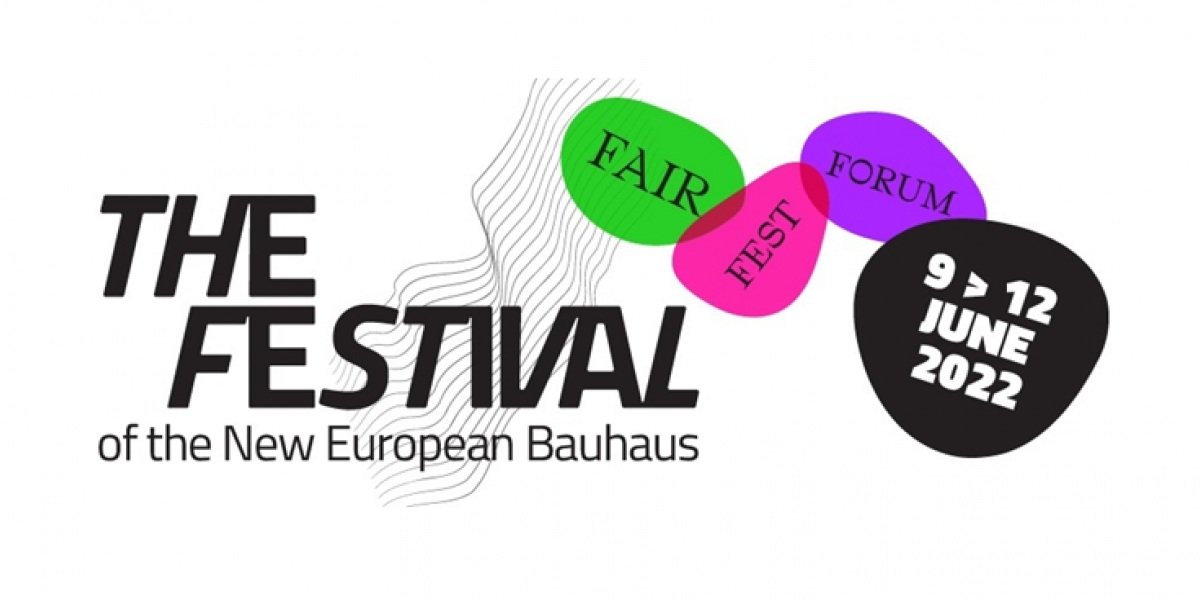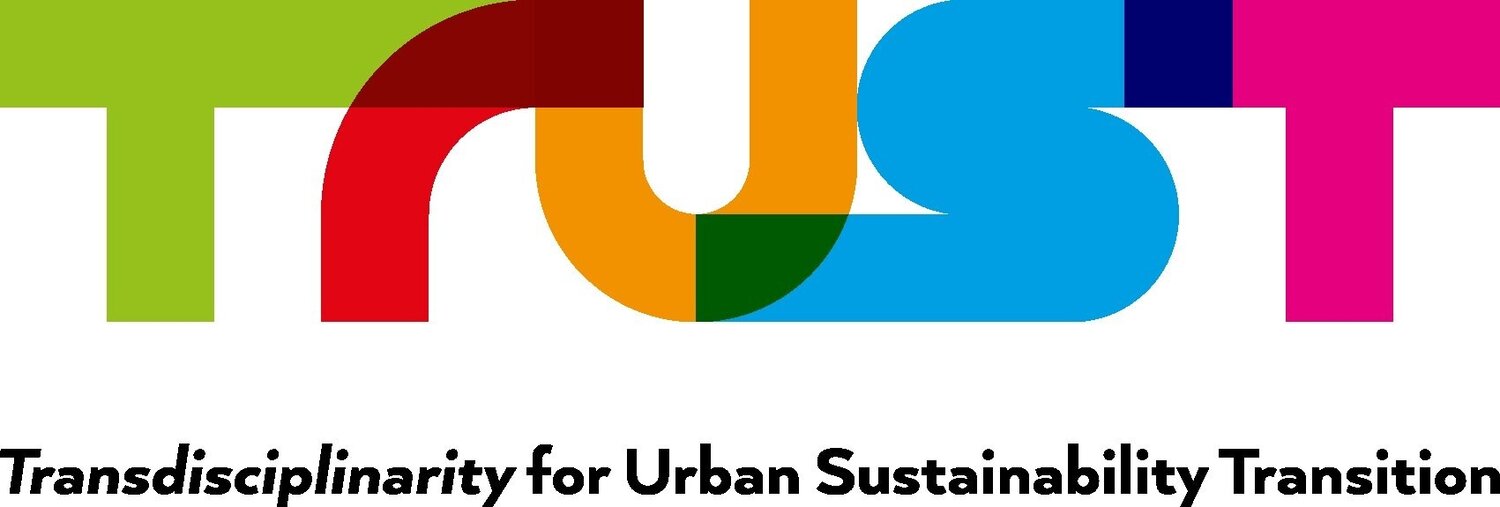
New Learning Places - a symposium
New European Bauhaus Festival Side Event - register HERE by Sunday 5th of June!
New Learning Places
Diotima Society is an open non-profit organization established in 2013, with headquarters in Milano (Italia), members, correspondents and ambassadors all around the world.
Diotima Houses are future hubs intended as unconventional Knowledge Ecosystems, powered by Diotima’s members in the context of specific cities’ local challenges.
In the event: “Imagining new learning places in the context of the Metaverse, Post pandemic societies and Anthropocene” we want to explore these topics within the ecosystem of actors based in Barcelona and possibly compose a “Diotima house” in the city.
In a generative dialogue session facilitated by a transdisciplinary researcher, our event wants to invite philosophers, artists, financial experts and policymakers - both in presence and online - around two narratives where actual learning places (namely universities) go from being “part of the problem” to contributing to “solutions” to the Anthropo-Capitalocene. The aim is to trace a map from an epistemological pluralist perspective focusing on inner change, human-nature relationships and transformative learning as truly innovative learning places.
The final goal of the event is to gather people from different backgrounds (above all young people in all their diversity) to reflect on how the priorities of the NEB (inclusion, sustainability and aesthetics) can deepen and expand the discourses around the future places of knowledge generation (i.e. the metaverse and the metaterritories), their learning design, and related competencies for a sustainability transition.
Programme
The Expert Panel will be moderated by following the Generative Dialogue methods discussing:
How much is the Bauhaus vision of sustainability and aesthetics consistent with the new learning places? How the aesthetics and the quality of a new experience in learning may unleash a sense of belonging?
Live visual scribing will be performed by Fanny Didou - Sketching the move; Mr. Alberto Danese will be in charge of the remote guests management.
Chair: Giulia Sonetti, Transdisciplinary Researcher at CENSE - Center for Environmental and Sustainability Research & CHANGE - Global Change and Sustainability Institute, NOVA University Lisbon
Keynote speakers - 5 to 10 mins speeches (P) = in presence, (R) = remote :
Paolo Zanenga, president of Diotima Society (P)
Sebastiano Maffettone, Dean of the Political Science Department at LUISS Guido Carli University of Rome (R)
Eva Pomeroy, Research Lead at Presencing Institute (R)
Olivia Bina, Principal Researcher at the Institute of Social Sciences University of Lisbon, Fellow of the World Academy of Art & Science (R)
Mario Rasetti, President of ISI Foundation and Professor Emeritus of Theoretical Physics at the Politecnico di Torino (R)
Stefano Bonanno, founding partner and CEO of Fitpack
Students from the Masters in Urban Design (IED) and Urban Resilience (UIC) working on a new learning place in the city of Barcelona
Giovanni Rabuffo, Postdoctoral Researcher at “Institut de Neuroscience des Systèmes”, Marseille
Andreu Ulied, founding partner and CEO of MCRIT
Marite Guevara, director of the Ersilia Foundation
Madeleine Recknagel, Circular Economy Expert/ Transformational Facilitator and Co-Founder Lilo Thailand
Isabel Garcia, member of the “Pulmons de Barri” artistic collective
Christian Saavedra, Flavia Catacora, Agostina Balbi, SINGA Spain
Among the discussants, in presence:
Gero Chiavari, Managing Director - RibéSalat M&A Advisors
Silvia Marteles, International Consultant with Systemic Approach at Barcelona City Council
Marina Henriques, Consultant & Project Manager, “Ideas for change”
Giuseppe Provenzano, Higher Education and Research, Union for Mediterranean
Francesc Subirada i Curcó, Director de la iniciativa de la UPF para la Ciutadella del Conocimiento
NOTE: To be able to attend online, please fill out the following registration form by the 5th of June!



















